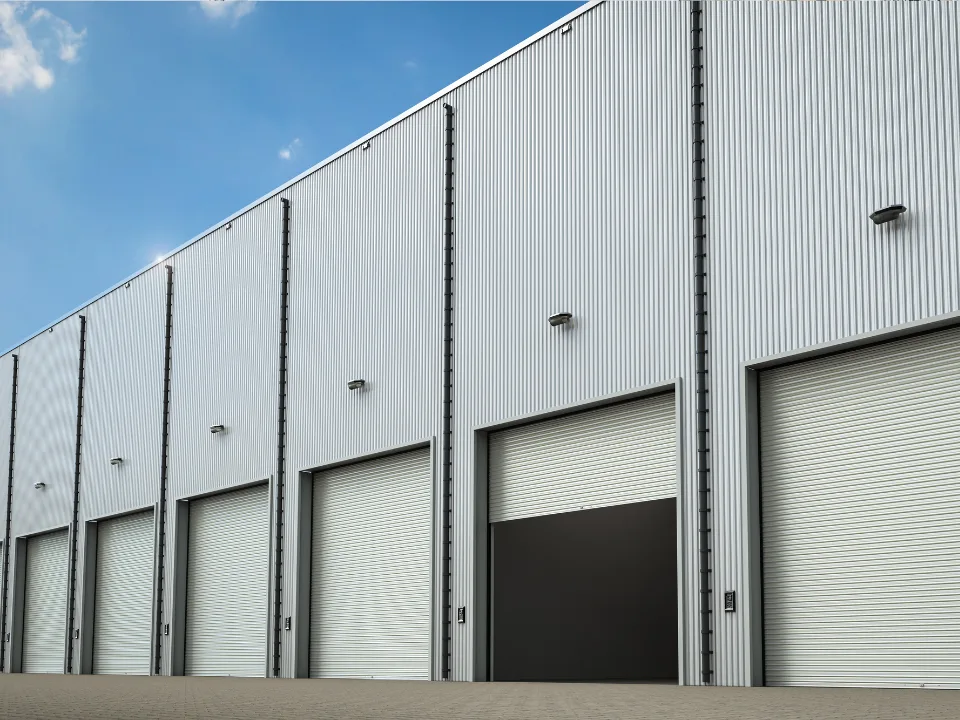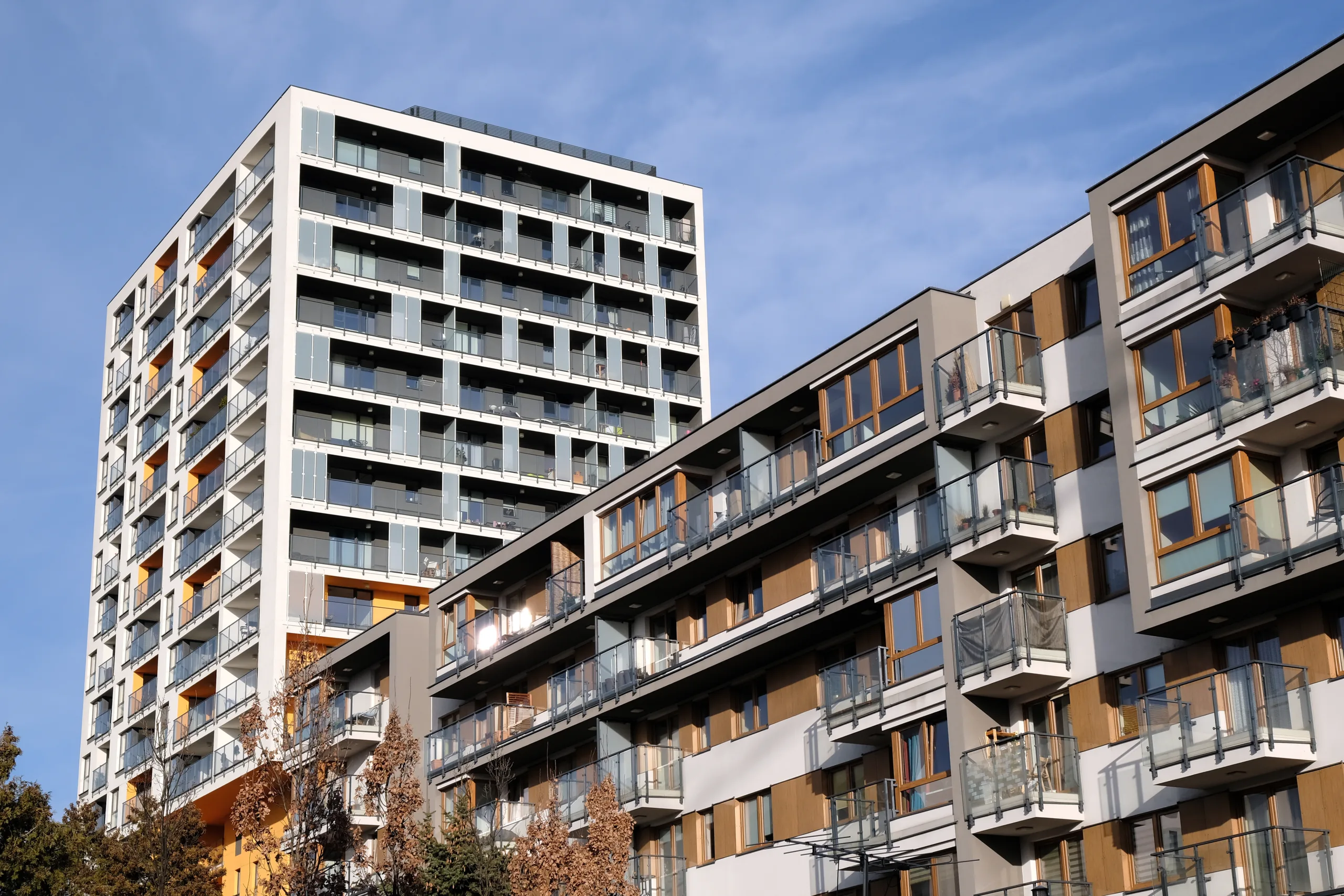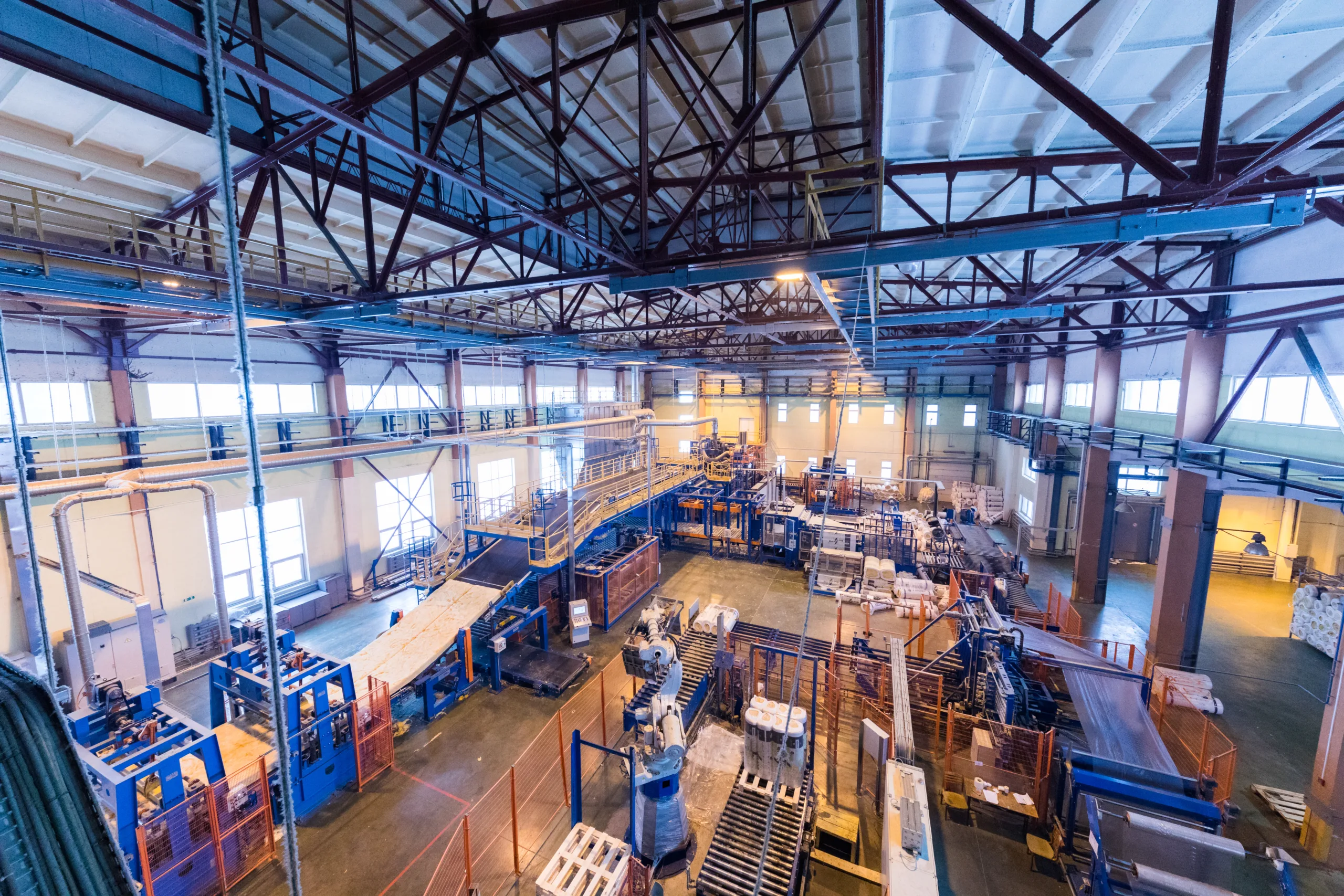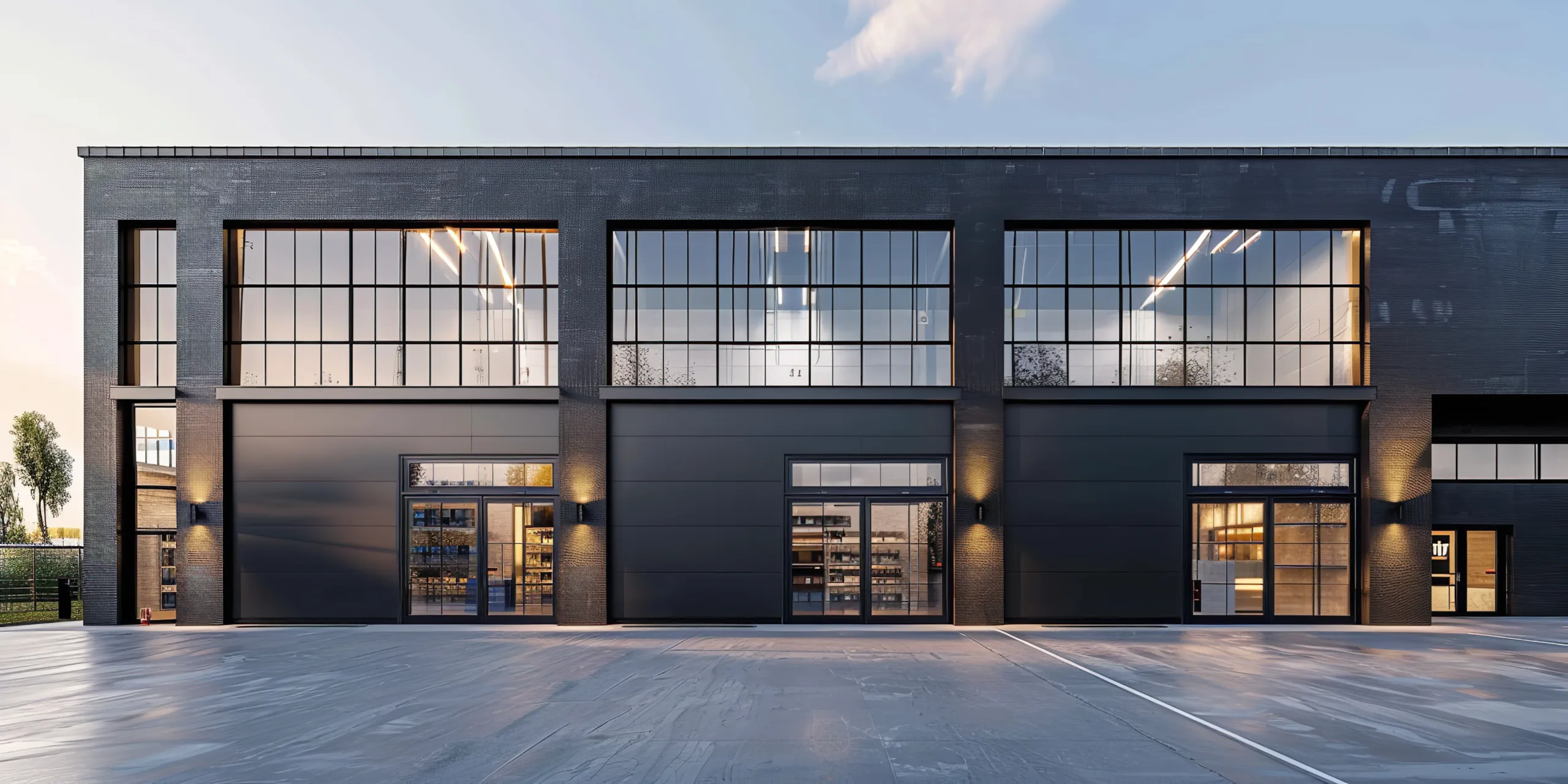- Hotel deals remain possible, though more costly and complex due to tighter lending standards, higher interest rates, and underwriting hurdles.
- High-end properties outperform lower-tier segments as wealthier travelers drive demand in the luxury and upper-upscale market.
- Owners face tough decisions on reinvestment vs. selling, particularly for assets with looming capital expenditures and loan maturities.
- Distress is on the rise, creating acquisition opportunities through foreclosures, note sales, and undercapitalized ownership transfers.
Disruption And Opportunity In Hospitality
The US hotel sector is contending with economic uncertainty and a volatile capital markets environment, reports CoStar. Speaking at the recent Hospitality Law Conference in Houston, industry leaders said that while the hotel transaction market is stressed, it’s far from inactive.
John Keeling, EVP of Valencia Hotel Group, highlighted how hotels’ flexible pricing power has helped them better navigate inflation compared to other real estate classes. “The average rate of hotels today is about 26% higher than it was in 2019,” Keeling noted.
Occupancy remains around 62% nationally—just below the historical average—with resort and luxury hotels seeing the strongest recovery. Midscale and economy properties, however, are struggling as inflation squeezes rate-sensitive travelers.
Still, hotel deals are happening—particularly in segments where performance has rebounded and owners are motivated by loan maturities, deferred capital needs, or brand-mandated renovations. Investors with dry powder are selectively stepping in, targeting assets with upside potential in an otherwise cautious market.
Financing Is Tighter—But Available
Financing is available, but significantly more expensive than during the low-rate era. Jonathan Falik, CEO of JF Capital Advisors, explained that floating-rate debt is about 200 basis points cheaper than its 2023 peak, but still substantially above 2009-2022 levels.
“Money is available, but it’s expensive, with much tougher covenants and underwriting,” Falik said.
Owners facing maturing fixed-rate loans are unlikely to refinance at prior rates, forcing decisions on recapitalization or sale. Meanwhile, regional banks remain cautious about hotel lending, especially for ground-up projects, contributing to a slowdown in new development pipelines.
Get Smarter about what matters in CRE
Stay ahead of trends in commercial real estate with CRE Daily – the free newsletter delivering everything you need to start your day in just 5-minutes
Distress Creates Buying Opportunities
As the market bifurcates between well-capitalized and stressed assets, distressed hotel properties are increasingly surfacing. Falik noted a sharp uptick in foreclosure and note sales, with more bankruptcy filings expected.
Underfunded FF&E reserves—exacerbated by pandemic-era withdrawals—compound the problem. Falik said many hotels now face millions in deferred capital needs, often without the liquidity to cover them.
For opportunistic buyers, this wave of distress is unlocking hotel deals that weren’t available in a stronger market. Investors are securing hotel deals by targeting distressed assets, discounted debt, and reinvestment gaps in a recovering hospitality market.
External Pressures Add Complexity
Tariffs are adding another layer of difficulty for owners planning renovations. Greg Friedman, CEO of Dimension Hospitality, cited price spikes due to the 145% China tariffs as a major disruptor in FF&E procurement.
While some are hopeful for trade relief, rising costs are pressuring developers’ budgets and complicating hotel deals in today’s market.
What’s Next
Despite the challenges, both Keeling and Falik see opportunity for investors pursuing hotel deals through distress acquisitions and strategic repositioning. With a lower pipeline of new hotels and rising capital needs among aging properties, well-capitalized buyers may find favorable deals over the next 12-24 months.
“This is the time to build,” said Keeling. “Projects starting now won’t come online until 2026 or 2027, when market fundamentals could be significantly improved.”
Strategic investors pursuing hotel deals now could benefit from future supply constraints, stronger demand, and improved rate performance as the market stabilizes.

















